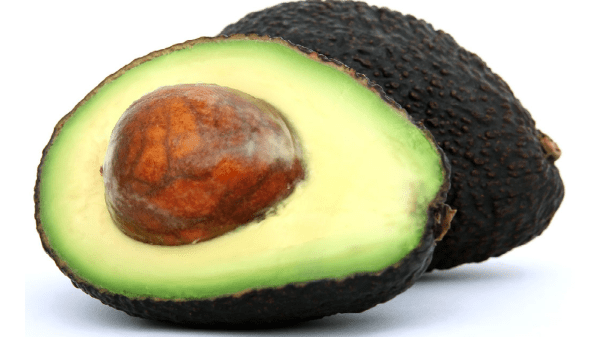The avocado empire is extending its reach.
Jalisco has become the second Mexican state (after Michoacán) to be licensed to sell avocados in the U. S., according to an agreement reached Dec. 7, between the U.S. and Mexican governments.
Jalisco is northwest of Michoacán and, it is on the Pacific coast. It is the second-largest producer of avocados in Mexico, producing 140,000 tons of the fruit last year, according to Agro Gonzámex, a distributor serving over 200 growers in the state.
Michoacán itself is first, producing 80 percent of the nation’s crop.

Michoacán growers have expressed concern that this new source of avocados destined for the U.S. could threaten their own profits.
In any event, this step is another sign that the popularity of the fruit is attracting more and more entries into the market. Probably the single most significant in the long run is Colombia, which at this point has little presence in the U.S.
Most in the industry appear to agree that the fruit’s rising popularity leaves ample room for more production. At any rate, the principle concern is still increasing rather than limiting supply.
Mexican growers are only authorized to sell avocados in the United States if they meet certain requirements, including certification that they are free of pests such as fruit flies or avocado seed weevils.
Jalisco produces more avocados per hectare than any other region in the world, according to Agro Gonzámex. Around 25,000 hectares (about 62,000 acres) in the state are planted to the crop.
“The first hectares of certified avocado with productive sustainability parameters by the international Rainforest Alliance (RA) are here in Jalisco,” the company claims.
At this point, Jalisco avocados are shipped to Canada, Japan, China, Central and South America, and the Middle East.
Agro Gonzámex supplies two varieties: the omnipresent Hass and Méndez. The Méndez is an oval fruit with rough skin ranging in color from green to purple-black when ripe. It is available from May to September, when Mexican production of Hass avocados is low, enabling the region to provide a year-round supply. The two varieties requires different approaches to orchard management.
The government hopes to begin a similar process for two other states: Nayarit to the west and Mexico State to the east.



